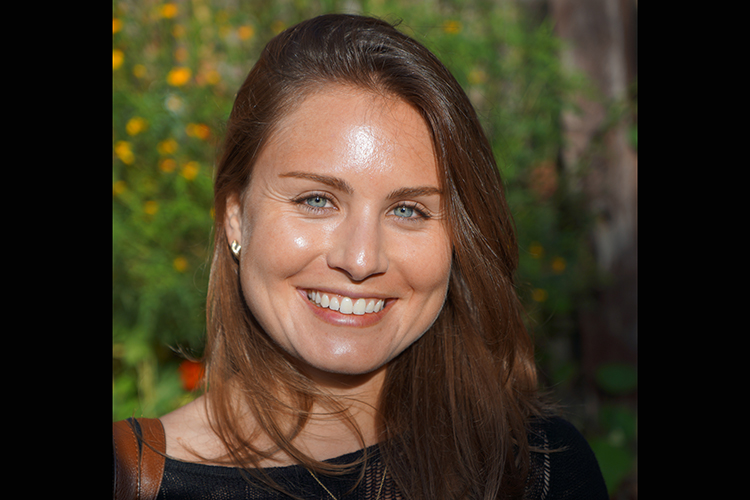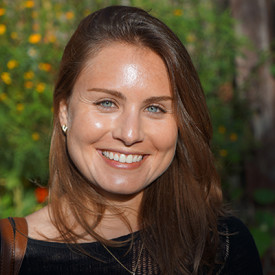One grad student’s story: from English lit to global climate talks
Valeri Vasquez is a graduate student with UC Berkeley's Energy and Resources Group. She is taking time off from her graduate work to spend time is Paris, acting as counselor to the co-chair of the United Nations climate negotiations, Daniel Reifsnyder.

December 2, 2015
Valeri Vasquez is a graduate student with UC Berkeley’s Energy and Resources Group. She is taking time off from her graduate work to spend time is Paris, acting as counselor to the co-chair of the United Nations climate negotiations, Daniel Reifsnyder. Her role at the summit, and throughout the year, has been advising on the mediation and negotiations among the 195 national parties to the U.N. Framework Convention on Climate Change. She says it’s important that she mediates both the substance of negotiations, as well as the process, making sure that the meetings flow in a constructive manner. The following interview transcript has been edited. (Listen to the full interview below.)
What do you like about the role you’re playing in the climate change summit?
I think the most rewarding part has been the very global nature of it. It’s really been kind of a capstone to the years that I spent at the State Department working on the negotiations and climate at large, because it’s kind of shown the progression that we’ve made, as a world, really, over the past four years, which is a very short period of time. Seeing that kind of movement has been hugely rewarding, and really gives me a lot of hope for a positive outcome here in Paris.
Your undergraduate degree is in English literature. Why did you turn toward environmental policy as a profession, and for your graduate work?

Vasquez is counselor to the co-chair of the U.N. climate negotiations. (Flickr photo by UNclimatechange)
One thing that I loved about studying literature was the storytelling aspect, and what I have found through my work in the climate arena, when I first began an internship with the White House Council on Environmental Quality, the Deepwater Horizon spill had just happened. More than anything, that kind of drove home the very personal stories that are associated with impacts on our environment, and that the choices that companies and countries and even individuals make impact the air we breathe and the water we drink.
How did you end up at UC Berkeley?
I had been working in Washington, and there were so many opportunities for me to engage in the work that I loved. What I realized was that I really wanted this intellectual, academic underpinning to the practical work that I was doing. I ended up getting really lucky — I got into my dream program with the Energy and Resources Group, and they were kind enough to let me take a year off.
Can you describe what about it makes it your dream program?
First and foremost, the mission is education and research for a sustainable environment and a just society. That kind of speaks to what I was saying earlier, about that human element of climate change, and it’s exactly what I’ve been wanting to work towards. I also have been lucky enough to meet a number of alumni in the Washington area, who were themselves fantastic ambassadors of the program. These were really intelligent, dynamic individuals who were really diverse, in both their research interests and their personal histories.
